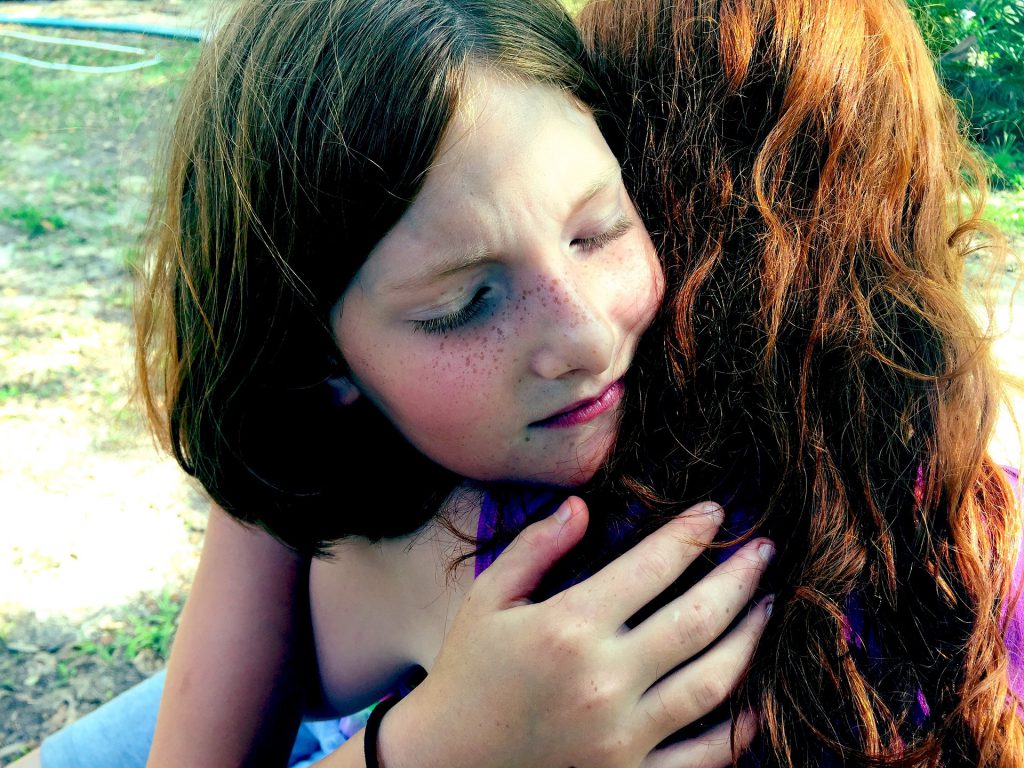Six Living Well Principles for Those Who Love Someone with a Mental Health Diagnosis
 My wife is an amazing woman. She has loved me at my worst. My mental health challenges have taken a toll on her and also our children. But, today we are more in love than ever before, and we have great relationships with our adult children. However, my wife would tell you that she had to learn how to take care of herself emotionally when I was at my worst. To be a caregiver long term she had to discipline herself with principles of wellness for herself.
My wife is an amazing woman. She has loved me at my worst. My mental health challenges have taken a toll on her and also our children. But, today we are more in love than ever before, and we have great relationships with our adult children. However, my wife would tell you that she had to learn how to take care of herself emotionally when I was at my worst. To be a caregiver long term she had to discipline herself with principles of wellness for herself.
Mental Illness is like so many other diseases; it affects the entire family and close friends as they attempt to love and care for their son, daughter, spouse or close friend who is struggling with a mental health condition. Thus, it is just as imperative for those who are the loved ones (caregivers) to apply wellness principles to themselves as they make the journey along with their family member or friend who has a mental illness.
When our Fresh Hope groups meet both those who have a mental health diagnosis along with their loved ones all meet in the same group for the first half of our meetings. When we started Fresh Hope we initially only had principles of recovery (we call them tenets) for those who had a mental health diagnosis, and we discovered something significant; those who were loved ones needed wellness principles too!
When loved ones don’t take good care of themselves emotionally as the care for someone who has a mental health diagnosis they can develop a mental health challenge themselves.
So, here are the wellness principles for those who are the spouses, kids, sons and daughters and friends of those of us who have a mental health diagnosis:
PRINCIPLE #1
My loved one’s mental health challenge has also left me feeling helpless and hopeless. Therefore, I choose the help of others in learning about the disorder and choosing healthy boundaries for myself.
Together, we have understanding. We remind each other of the Lord’s love, and that He alone can do all things. He is the source of our hope, and in Him we can overcome all things.
“I can do everything through Him who gives me strength.” Philippians 4:13 (NIV)
_________
PRINCIPLE #2
I haven’t always responded to my loved one’s mental health issue in ways that were good for the relationship. Therefore, I choose to learn better ways to communicate with, support, and encourage my loved one.
Together, we commit to speaking the truth in love, healing broken relationships and viewing each other as the Lord views us.
“So let’s pursue those things which bring peace and which are good for each other.” Romans 14:19 (God’s Word Translation, 1995)
_________
PRINCIPLE #3
At times I don’t understand my loved one and can allow them to either wallow in their excuses or push them too hard. Therefore I choose to learn healthy, appropriate ways to contribute to my loved one’s recovery.
Together we do better than trying on our own. We will hold one another accountable for learning, growing, and choosing to push through in hope.
“Therefore, encourage one another and build each other up.”
1 Thessalonians 5:11 (NIV)
________
PRINCIPLE #4
At times I also feel hopeless, letting my loved one’s actions and recovery define my happiness. Therefore, I choose to live with healthy emotional boundaries, and I choose my own joy despite the ups and downs of my loved one.
Together we remind each other that our hope and joy come from the Lord. He alone is able to fulfill our needs in every aspect of our lives.
“For I know the plans I have for you, declares the LORD, plans to prosper you
and not to harm you, plans to give you hope and a future.” Jeremiah 29:11 (NIV)
__________
PRINCIPLE #5
I, too, have been part of the cycle of dysfunctional living, either thinking I had all the answers or thinking the problem didn’t belong to me. Therefore, I choose to submit myself to learning new behaviors and taking responsibility for my own healthy, balanced living.
Together we choose freedom over suffering, and joy in living through self-knowledge in action.
“We demolish arguments and every pretension that sets itself up against the knowledge of God and we take captive every thought to make it obedient to Christ.” 2 Corinthians 10:5
__________
PRINCIPLE #6
At times, I have viewed myself as a victim of my loved one’s behavior and disorder, living in resentment, anger, unforgiveness, or self-pity. Therefore, I choose to separate the disorder from the person I love, forgive and let go of the past, and live as a contributor to successful recovery.
Together, we share in each other’s victories and celebrate the whole person.
“For God has not given us a spirit of fear, but of power and love and a sound mind.” 2 Timothy 1:7
__________





